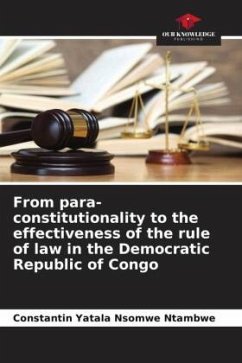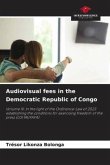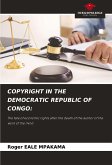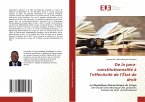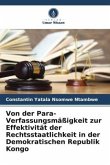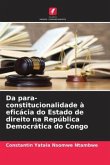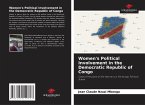The alternation that occurred at the head of the Congolese Executive, following the presidential election of December 30, 2018, has raised a lot of hope, despite some political statements and reactions inspired mainly by ethnicism and provincialism. Political hope, but also legal hope. For, we project ourselves somewhere, on a topical where the law is sovereign. This topical area is called the rule of law, which is constitutionally constitutive of the Democratic Republic of Congo (hereafter: DRC). Indeed, the Constitution of February 18, 2006 defines the DRC as a state governed by the rule of law. The Preamble affirms the common will of the Congolese people to build a State based on the rule of law (Preamble, para. 3). Article 1, paragraph 1 of the Constitution states: "The Democratic Republic of the Congo is, within its borders of June 30, 1960, an independent, sovereign, united and indivisible, social, democratic and secular state governed by the rule of law. It follows that the rule of law is the primary constituent element of the DRC. Also, when this element is not effective, this great country in the heart of Africa is not legally the DRC.

